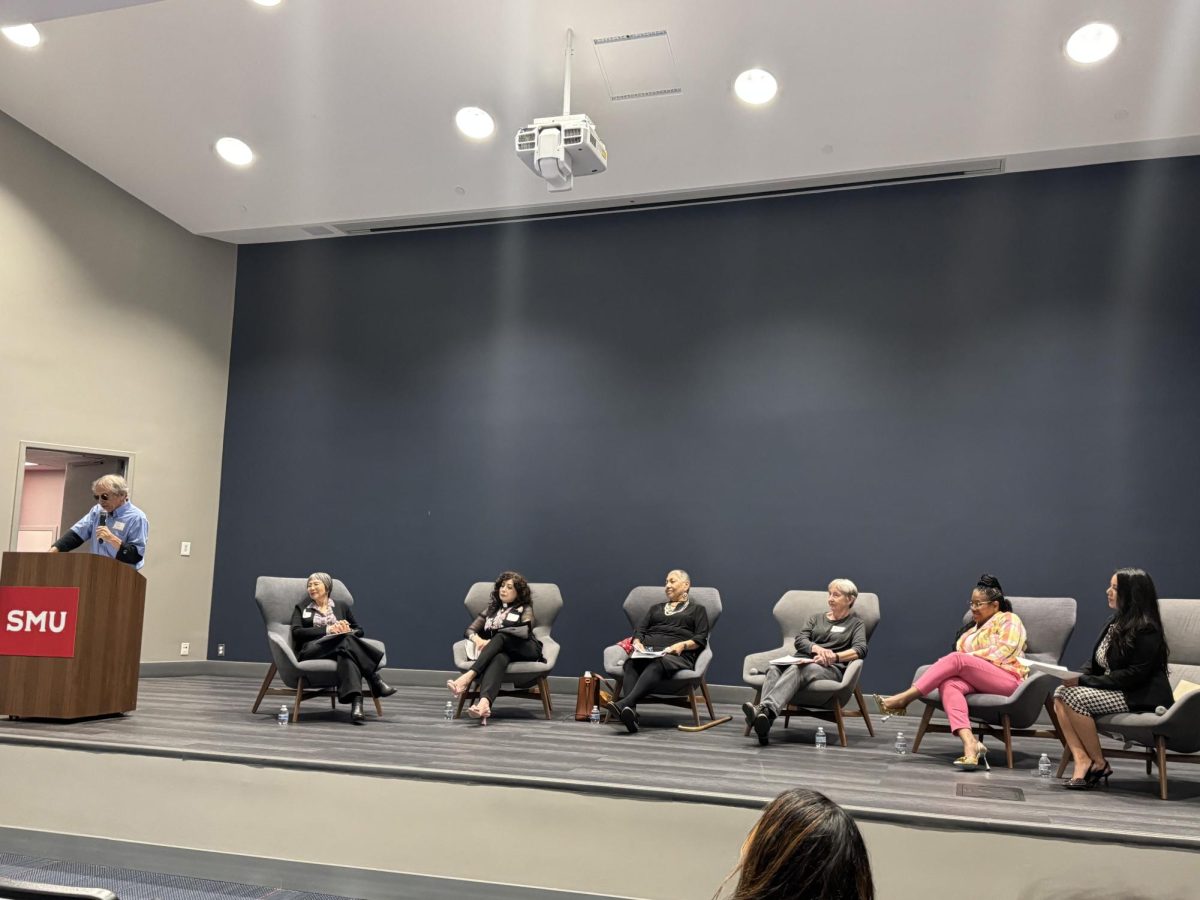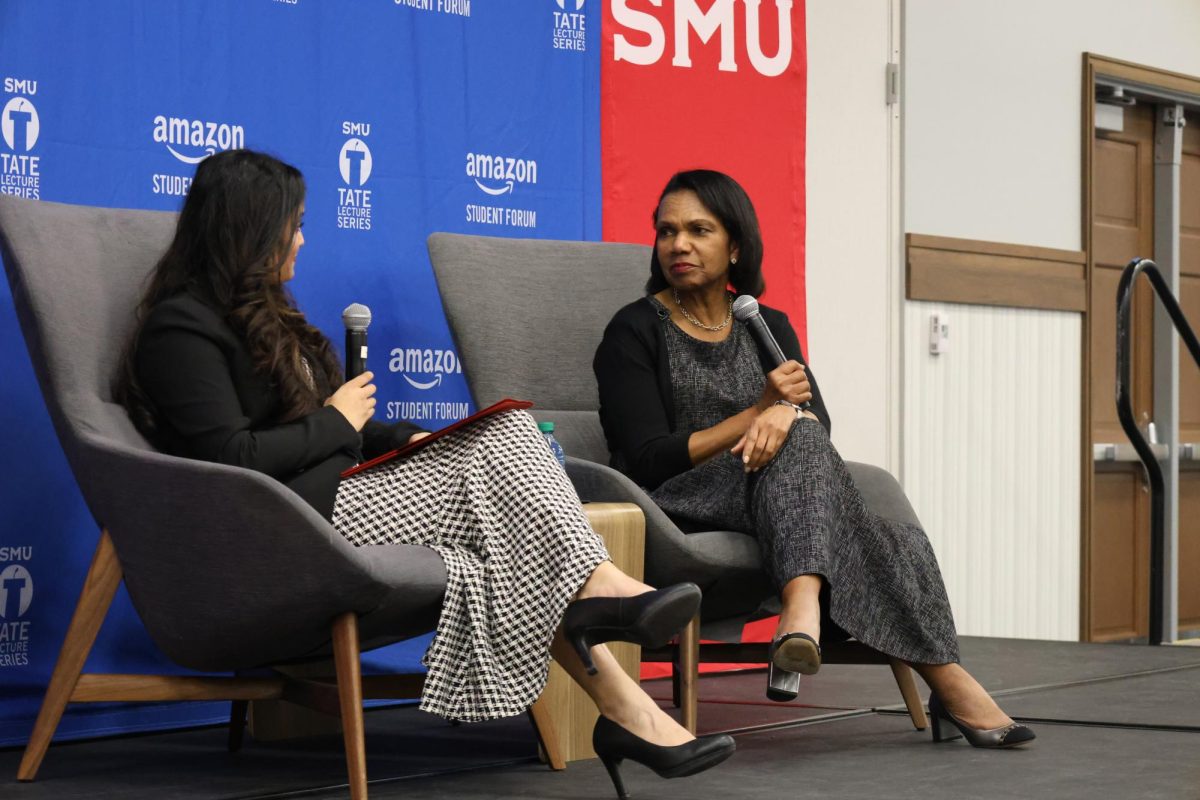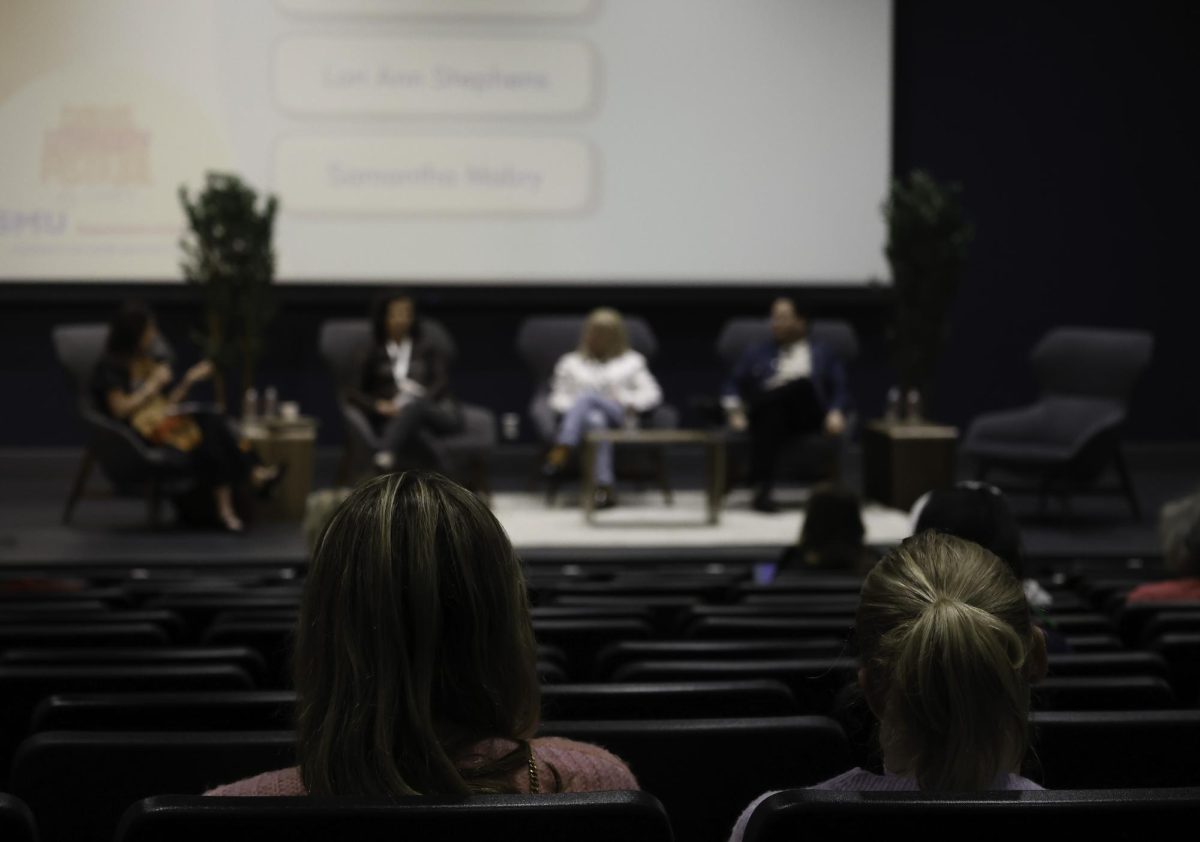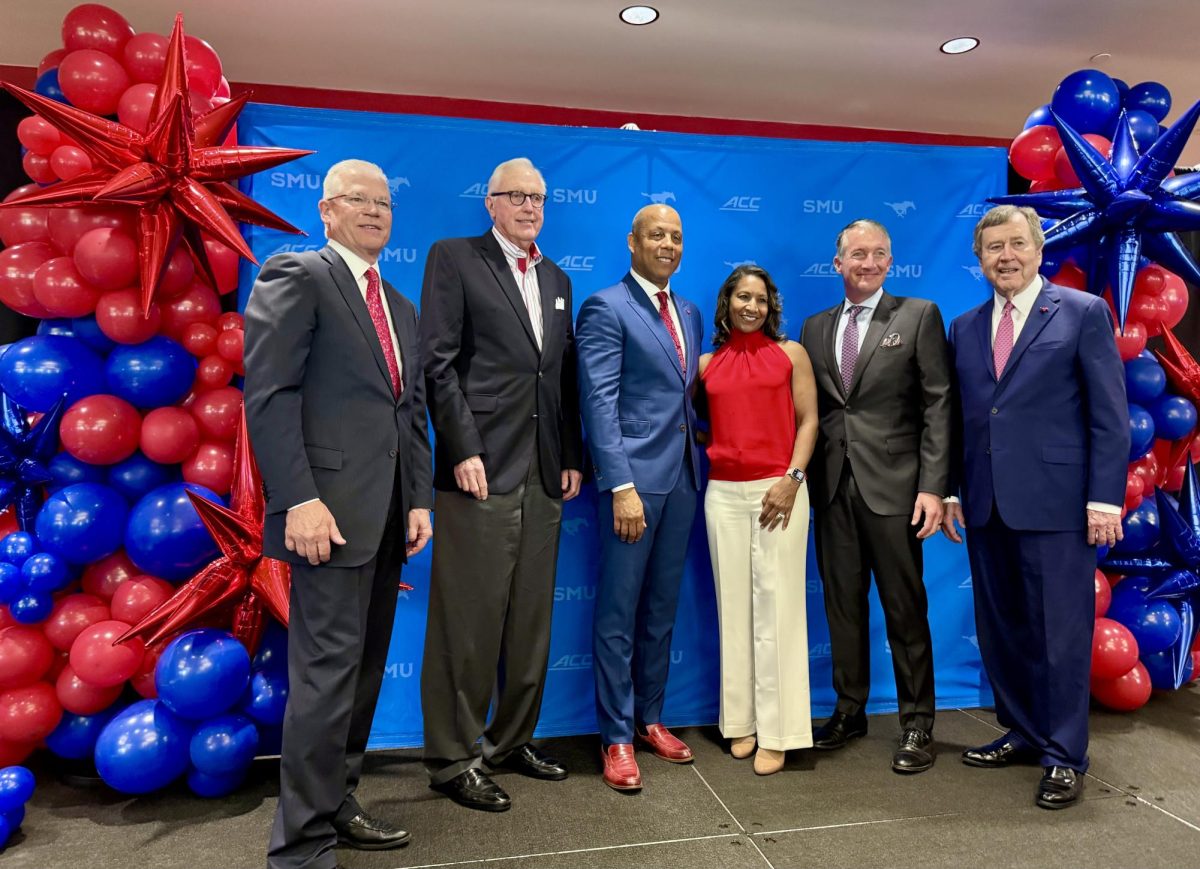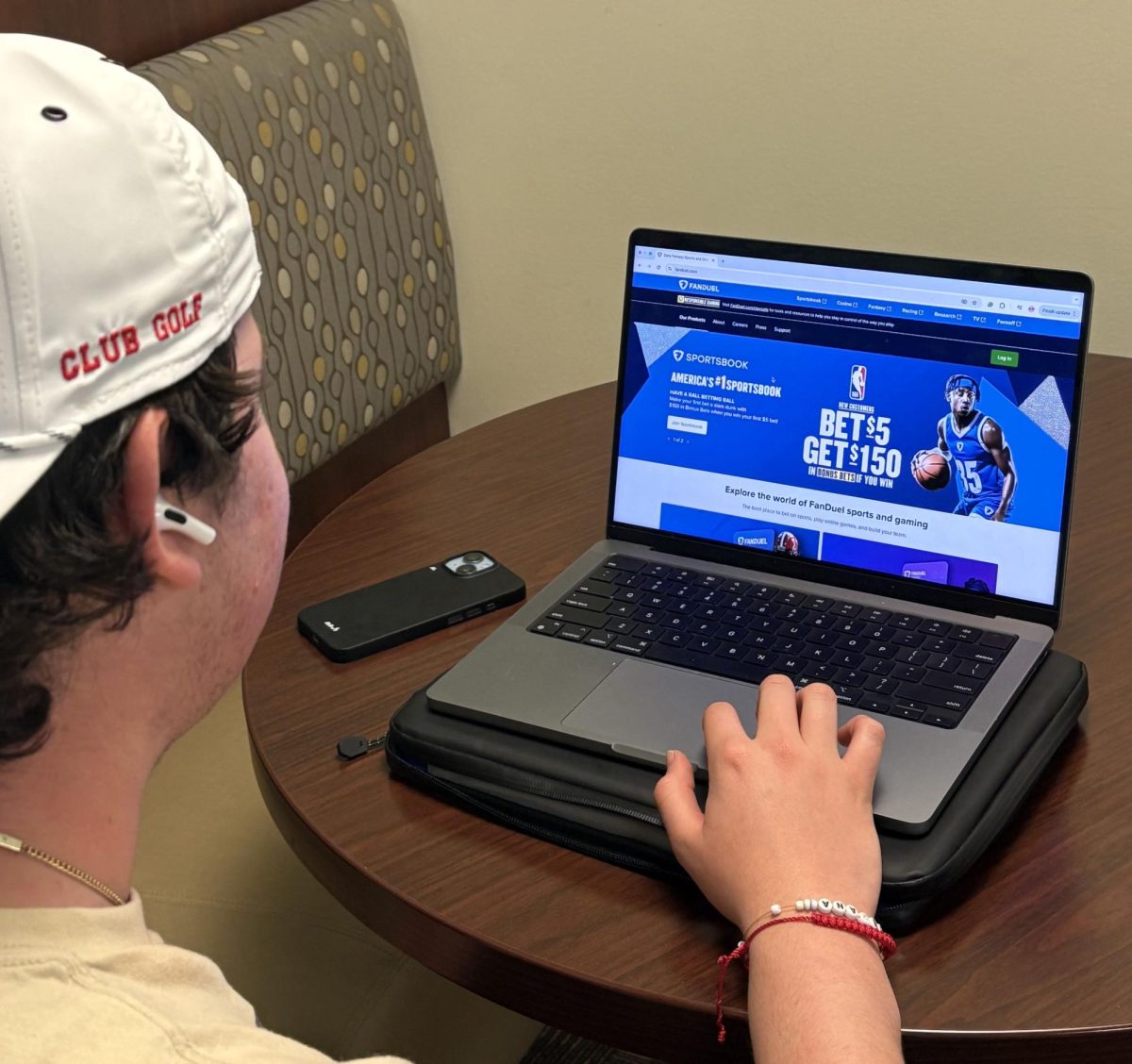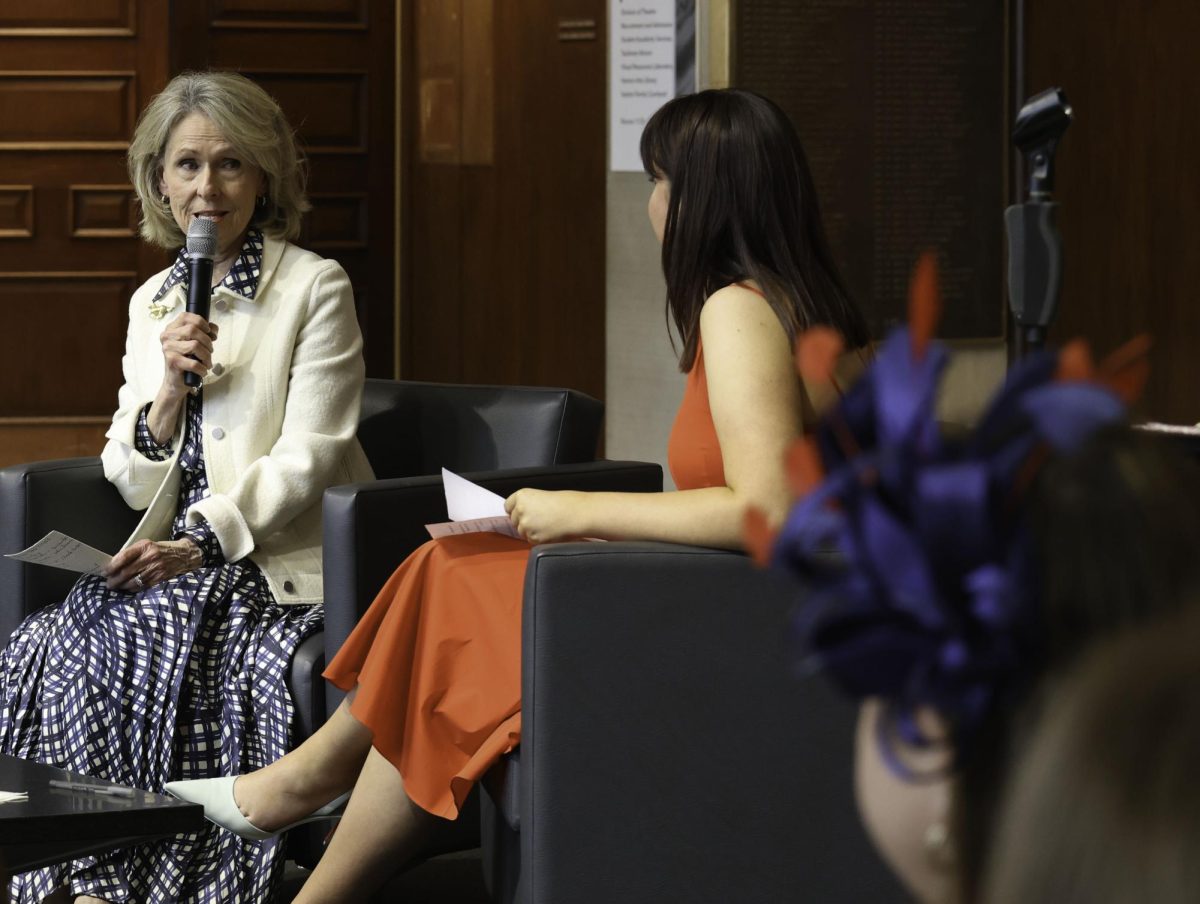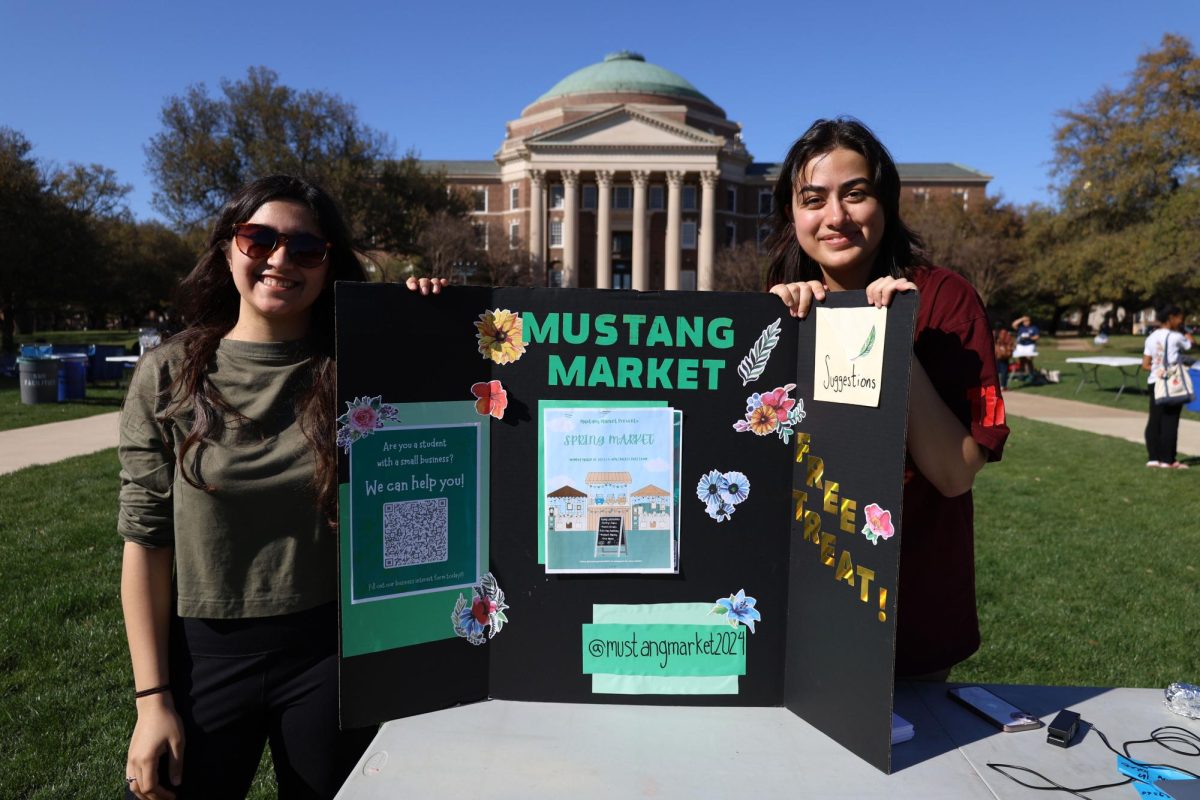As Women’s History Month drew to a close, SMU hosted a panel discussion called, “Dallas Women’s Struggle for Dignity and Human Rights,” on Thursday, March 27 to honor the voices, victories and ongoing struggles of women in Dallas.
Held in the Oren Family Auditorium and presented by the nonprofit organization Human Rights Dallas, the event marked the third installment in the Human Rights Dallas Living History Series.
“Dignity is why human rights were created,” said co-founder of Human Rights Dallas, Hadi Jawad as he introduced the panelists. “It transcends religious, racial and political boundaries. It brings us together as human beings.”
Moderated by Sylvia Komatsu of KERA, the panel included five local, renowned female activists and leaders who shared their individual experiences on a wide range of women’s issues.
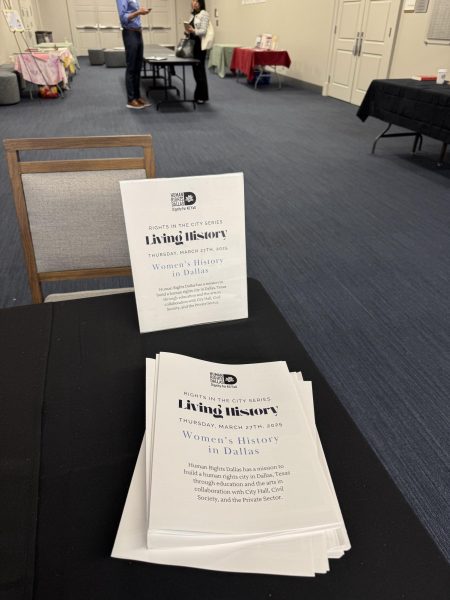
Dr. Tonya Stafford, founder of the local nonprofit It’s Going to Be Ok, recounted her experience of being sold into human trafficking at age 13 by her own mother.
“No one asked questions,” Stafford said. “Not at the hospitals, not at the schools. I was a Black girl with babies and people thought I was just a statistic.”
Her organization supports survivors with trauma-informed therapy, housing and resources.
“I live today to serve and I serve to live,” Stafford said.
Sandra Blackbear Ramirez, a Native American leader from the Koi Gu tribe, represented MMIW Texas Rematriate, a group focused on raising awareness about missing and murdered Indigenous women.
“There were no resources,” Ramirez said, remembering young Native women who went missing in Dallas in the 1970s. “Our mission is to bring our relatives home and support their families.”
Rev. Dr. Samira Page, an Iranian refugee who earned her Master of Divinity and doctorate in missional church studies at SMU, shared her journey from escaping religious persecution to building a ministry that helps refugee women rebuild their lives.
Former State Rep. Victoria Neave shared with the audience her efforts in the Texas House to pass legislation protecting survivors of sexual assault and promoting gender equality. She passed the Lavinia Masters Act which allocated $50 million to address Texas’ rape kit backlog.
“It matters when women are at the table,” Neave stressed to the audience. “If you’re thinking about running for office, do it. We need it. Having your voice there is so crucial, and it can be done.”
Dr. Joce Caldwell Ryan, director of women and gender studies at SMU, concluded the event by connecting the evening’s stories to Dallas’ past of female-led activism. Panelists encouraged attendees to stay engaged and remember that history is still being made.
“SMU has one of the oldest women and gender studies programs in the country,” Ryan said. “Dallas has really a very dark history, but we’ve come a long way.”



